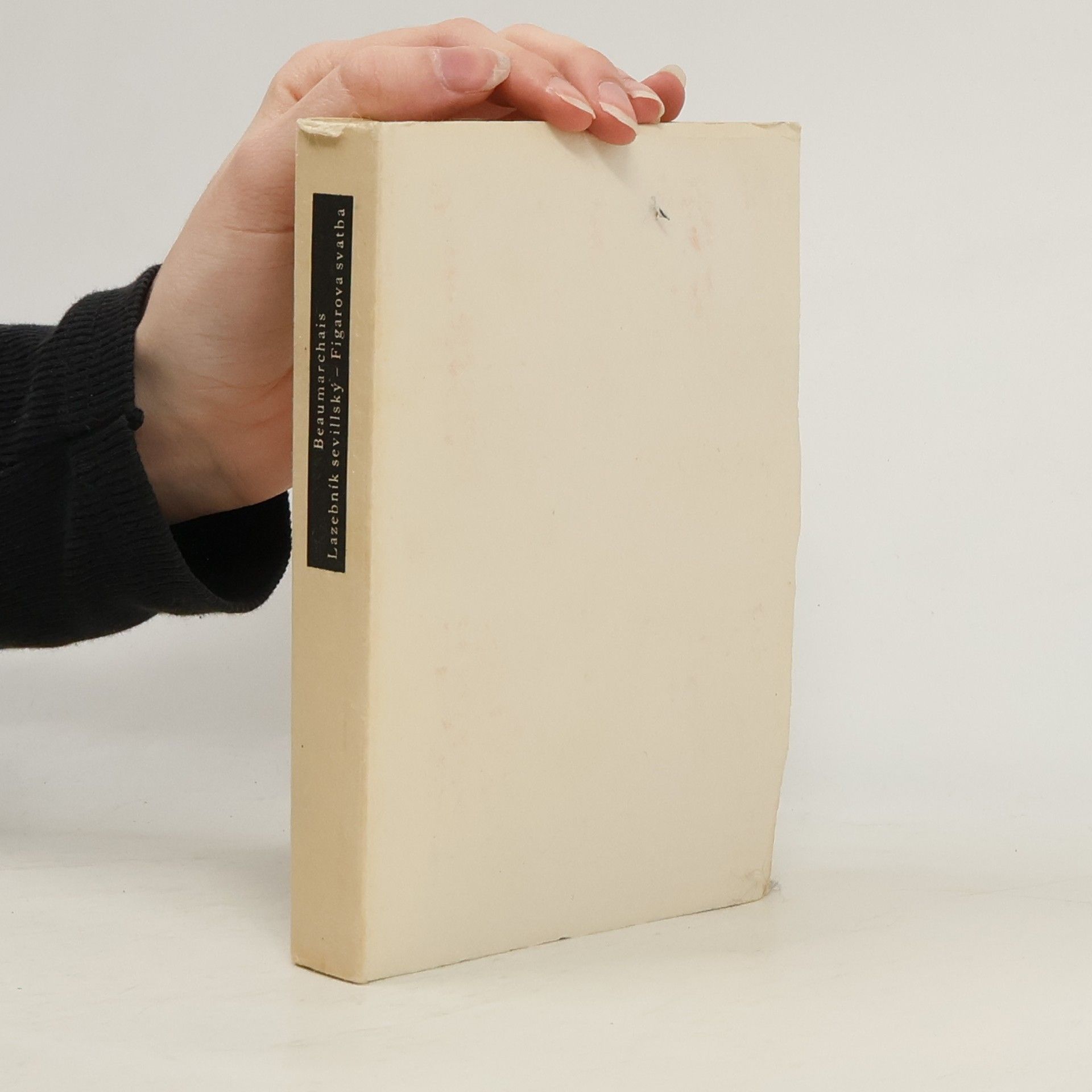Bláznivý den aneb Figarova svatba
- 126 stránek
- 5 hodin čtení
lasická francouzská komedie nikterak nezestárla. Ve svůj svatební den brání sluha Figaro svou lásku Zuzanku před milostnými nároky hraběte Almavivy, který chce uplatnit právo první noci. Bavíme se Figarovým důvtipem a umem a fandíme jeho odvaze důrazně se ptát, proč existuje vrstva vyvolených, která si nárokuje pouze výsady a výhody. Je až s podivem, jak se více než po dvou stoletích stává i společenská rovina hry znovu aktuální. Text v adaptaci dramaturgyně Darii Ullrichové doprovází zasvěcená studie Záviše Šumana o kontextu vzniku hry, životopisná črta o autorovi a fotografie kostýmních návrhů Kateřiny Štefkové.









